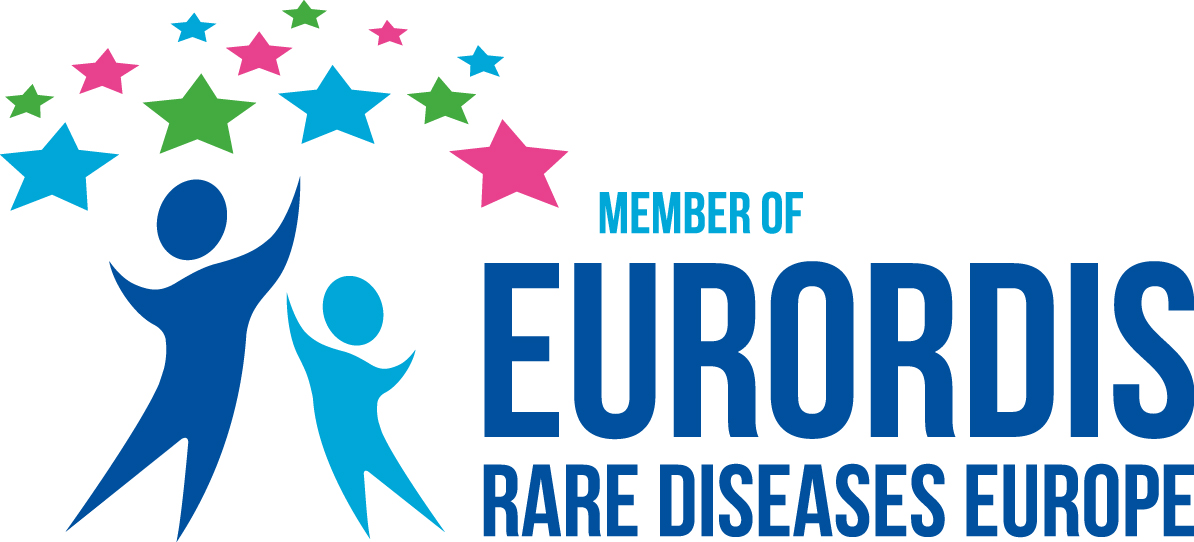
Superficial Siderosis Research Alliance Completes $100,000 Research Pledge to Massachusetts General Hospital
Our Research Pledge
The Superficial Siderosis Research Alliance (SSRA) proudly announces that we have fulfilled our $100,000 research pledge to the Superficial Siderosis Clinic and Research Laboratory at Massachusetts General Hospital, led by Dr. Michael Levy. This is a significant milestone for us, and we are thrilled to have been able to support such an important cause.
Dr. Michael Levy and his team at Massachusetts General Hospital are doing exceptional work in providing clinical care for over 150 patients diagnosed with superficial siderosis. The Superficial Siderosis Research Laboratory is poised to begin cutting-edge research to explore new treatments for this condition. With the support of the SSRA, Dr. Levy has made significant progress in understanding the underlying mechanisms of superficial siderosis necessary to develop new treatments for this rare condition.
It’s unbelievable that we started the Superficial Siderosis Research Alliance four years ago. We’re so excited that we completed our $100,000 pledge, and I couldn’t think of a better doctor to support. The countless hours you volunteer your time is incredible. It speaks so much for you personally outside of your profession, and we appreciate it. We know what you do is incredible, and we know that someday we’ll find more treatment options, and we’ve heard some. Rori’s told me some things you’re working out now, which is exciting. And we’re not giving up. This is not the end. This is really only another beginning. So we’ll talk more about that later. But today is about celebrating the last four years. And I want to say thank you.
-Kyle Dempsey, President
Superficial siderosis is an ultra-rare neurological condition characterized by progressive sensorineural hearing loss, cerebellar ataxia, and myelopathy. Despite being an ultra-rare condition, many people worldwide live with superficial siderosis and need support.

Director
Superficial Siderosis Clinic and Laboratory
Gabriela Romanow
Administrator
Community Relations and Clinical Research
Rhys Holmes
SSRA UK Director
Kyle Dempsey
President
Superficial Siderosis Research Alliance
Rori Daniel
Executive Director
Superficial Siderosis Research Alliance Administrator
Superficial Siderosis Patient Registry
Developing New Treatment Options
The SSRA’s research pledge will fund a small patient pilot trial to hopefully pave the way for developing additional treatment options using a newly identified iron chelator for treating superficial siderosis. The drug has shown promising results in animal models. It was almost ten times faster in removing iron from the brain in rats than deferiprone. In addition to its chelation properties, the drug has also demonstrated neuroprotective qualities.
Dr. Michael Levy, the Superficial Siderosis Clinic and Research Laboratory director at Massachusetts General Hospital expressed his hope that this new iron chelator will translate well to human patients. One of the major challenges in treating superficial siderosis is the lack of sensitive MRI indicators to track the progression of the disease and the effectiveness of treatments. Dr. Levy and his team are developing better MRI indicators to address this issue and provide patients with more immediate feedback on their treatment progress. The SSRA is committed to supporting research efforts to improve the lives of those living with superficial siderosis. This pilot trial is a significant step towards achieving that goal, and we are proud to be able to contribute to this critical research.
Working Together for Common Goals
With great pleasure, we also announce the collaboration between Professor David Werring, Head of the Research Department of Brain Repair and Rehabilitation at UCL Queen Square Institute of Neurology, and Dr. Michael Levy at the Superficial Siderosis Clinic and Research Laboratory at Massachusetts General Hospital. Professor Werring, Dr. Levy, and the Patient Registry Research Committee are working together on the design of a deferiprone double-blind trial for superficial siderosis. Deferiprone is an iron-chelating agent that has shown promise in reducing iron levels in the brain and improving symptoms in patients with superficial siderosis.
This collaboration is exciting in the ongoing efforts to develop effective treatments for superficial siderosis. The deferiprone trial represents a crucial step toward understanding the efficacy of iron chelation therapy in treating this rare neurologic condition and provides the data required to apply for removing the FDA off-label designation. The Superficial Siderosis Patient Registry will be instrumental in identifying and recruiting eligible patients for the trial. The registry has been essential in advancing our understanding of superficial siderosis and facilitating research efforts.
Professor Werring brings a wealth of expertise in neurology and stroke research to this collaboration. His research interests include small vessel disease and cerebral microbleeds relevant to superficial siderosis. The UCL Queen Square Institute of Neurology is one of the world’s leading neuroscience and neurological disorders institutions. The collaboration between Professor Werring and Dr. Levy is a testament to the importance of interdisciplinary collaboration in advancing research and improving patient outcomes.
We are thrilled to see such prominent researchers coming together to tackle the challenges of superficial siderosis. We look forward to seeing the results of the deferiprone trial and the impact it will have on improving the lives of patients with superficial siderosis.
Our Promise for the Future
Over the past four years, the SSRA has been dedicated to raising awareness about superficial siderosis and raising funds to support research efforts. With the completion of our $100,000 research pledge, we are proud to have contributed to the ongoing research efforts of the Superficial Siderosis Clinic and Research Laboratory at Massachusetts General Hospital.
We want to extend our heartfelt thanks to everyone who has supported us in this journey. We could not have achieved this milestone without the generosity and dedication of our donors, supporters, and volunteers. We will continue to work tirelessly to support research efforts and raise awareness about superficial siderosis.
In closing, this is not the end but only the beginning. We will continue to strive towards our mission of improving the lives of those living with superficial siderosis, and we invite you to join us on this journey. Together, we can make a difference.


